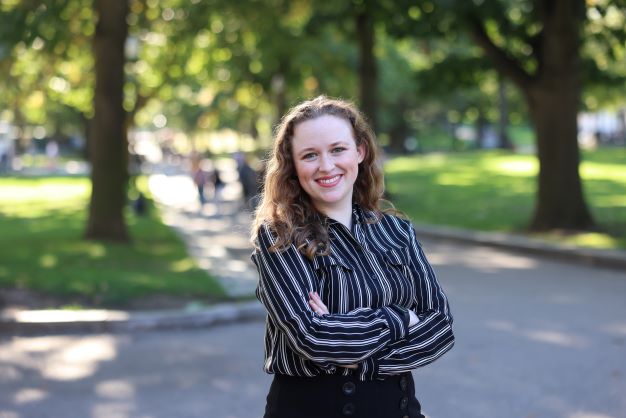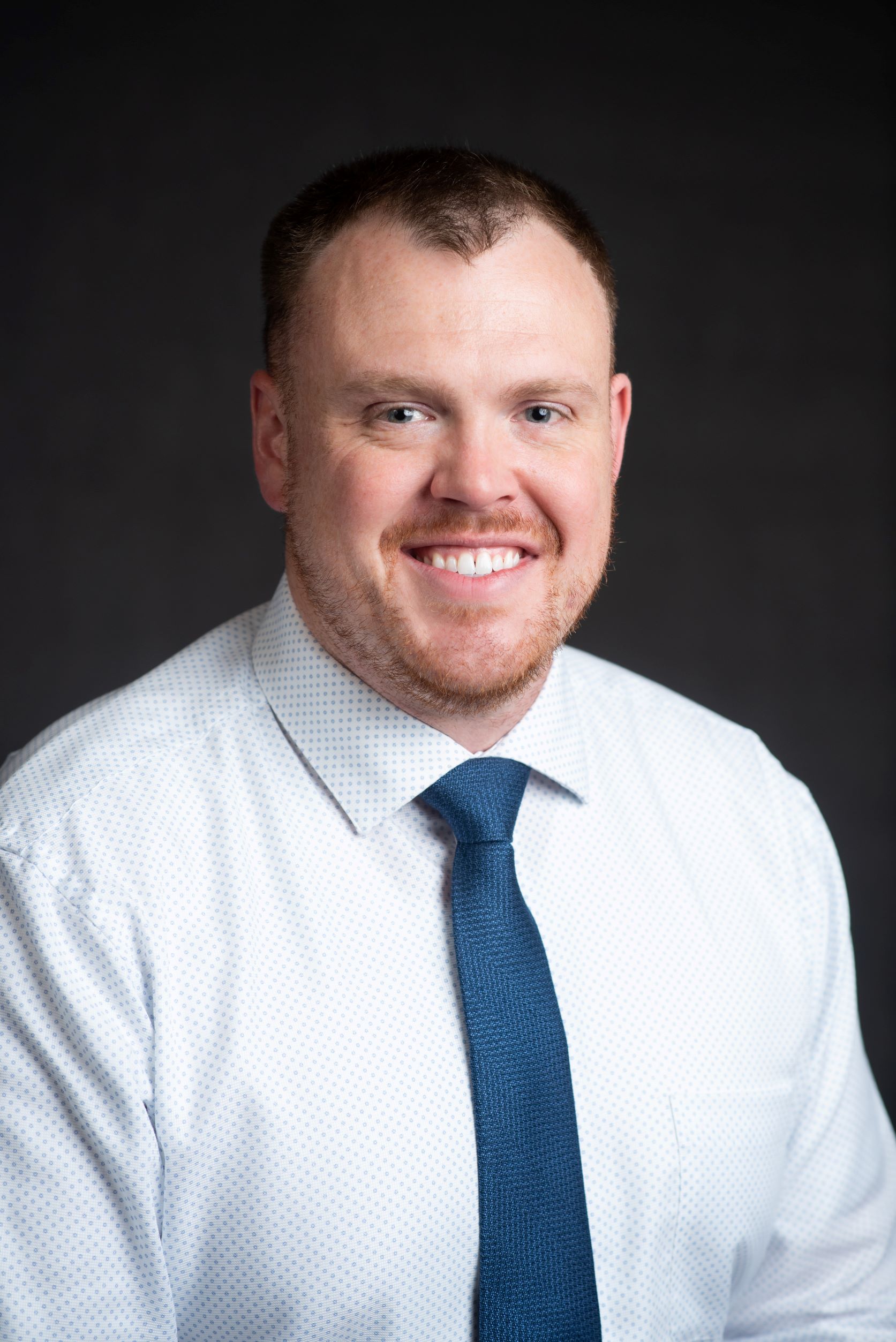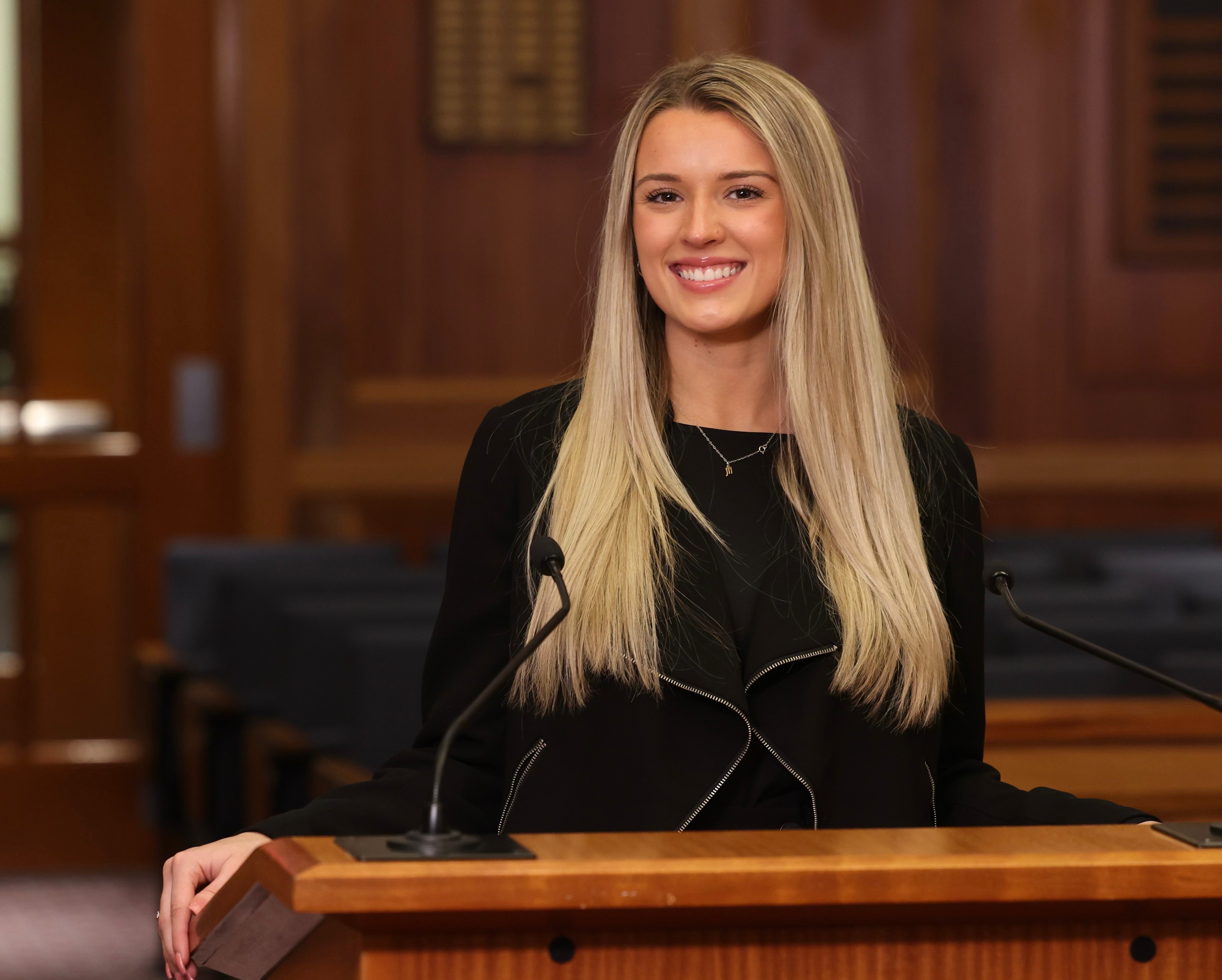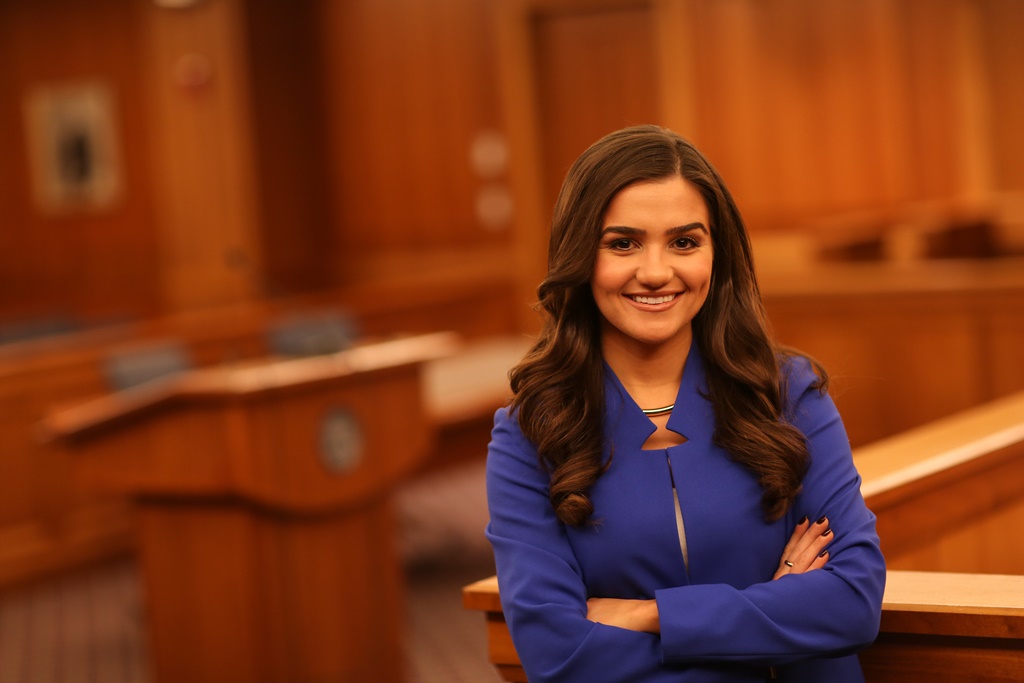By Gary Prado
I signed up to teach constitutional law in Boston area high schools because I saw this as the ultimate opportunity to give back to the community that raised me. I joined the Marshall-Brennan Fellowship program as a second year student, but had been looking forward to it since I applied to Suffolk Law. Each school year, Suffolk Law students fan out to Boston-area schools to teach high school students ConLaw and coach them in a national moot court competition.
Excitement, anxiety, and nervousness filled my body on the first day of school. How would the kids be? Would they like me? When I presented myself to the students, I told them exactly how I felt—nervous and excited, since this was my first time teaching. At the outset, I decided my strategy would be honesty; I would admit when I didn’t have an answer. I thought it would be better to be open and relaxed, as opposed to archaic and authoritarian.
Undeniably, the fellowship was difficult. I planned for class by making lesson plans with my partner in advance. I also attended a seminar and had a textbook to learn how to teach the class. My classmates and I shared what we learned with our classes. We wanted to connect the students with relevant issues to spark their interest in the dense and complicated material.
At times, the seniors had their instances of “senioritus,” whereby we had to encourage and motivate them to engage with their work. To spark the students’ interest, we scoured the Internet for current news articles, documentaries and cases to help make the dense and complicated constitutional law concepts relevant to today. We also occasionally invited law professors, retired judges and local attorneys to speak in the class. Remarkably, one of the attorneys hired two high school students as summer interns in his firm.
But no added encouragement was needed once we started preparing for the moot court competition. Once the students were exposed to advocating through oral argument, they instantly got hooked. The students took search and seizure to heart when they got to stand up and argue a realistic case. They further enjoyed the competitive aspect of our adversarial aspect. In preparing the students, we tried to simulate what the moot court competition would be like. We timed their arguments, interrupted them with legal questions about the law or the facts, and followed up with feedback to improve their arguments.
We built close relationships with the students. The students spent nearly four hours a week on their presentation with their high school teacher. Then, my Suffolk Law partner and I added another two hours each week with feedback about their legal arguments and analysis.
The year culminated with the regional competition at our law school. Those who finished at the top earned a place in the national competition held in Washington, D.C. In the end, the students were ecstatic about showing off their advocacy skills in front of real judges and practicing attorneys. And two of our students earned a spot at the national competition in Washington D.C.!
Gary Prado, JD’16, is an associate at Ropes & Gray in Boston. During his time at Suffolk Law. During his time at Suffolk Law, Gary was a member of the Suffolk University Law Review, the Black Law Student Association and the Latin American Law Students Association.













Follow Us